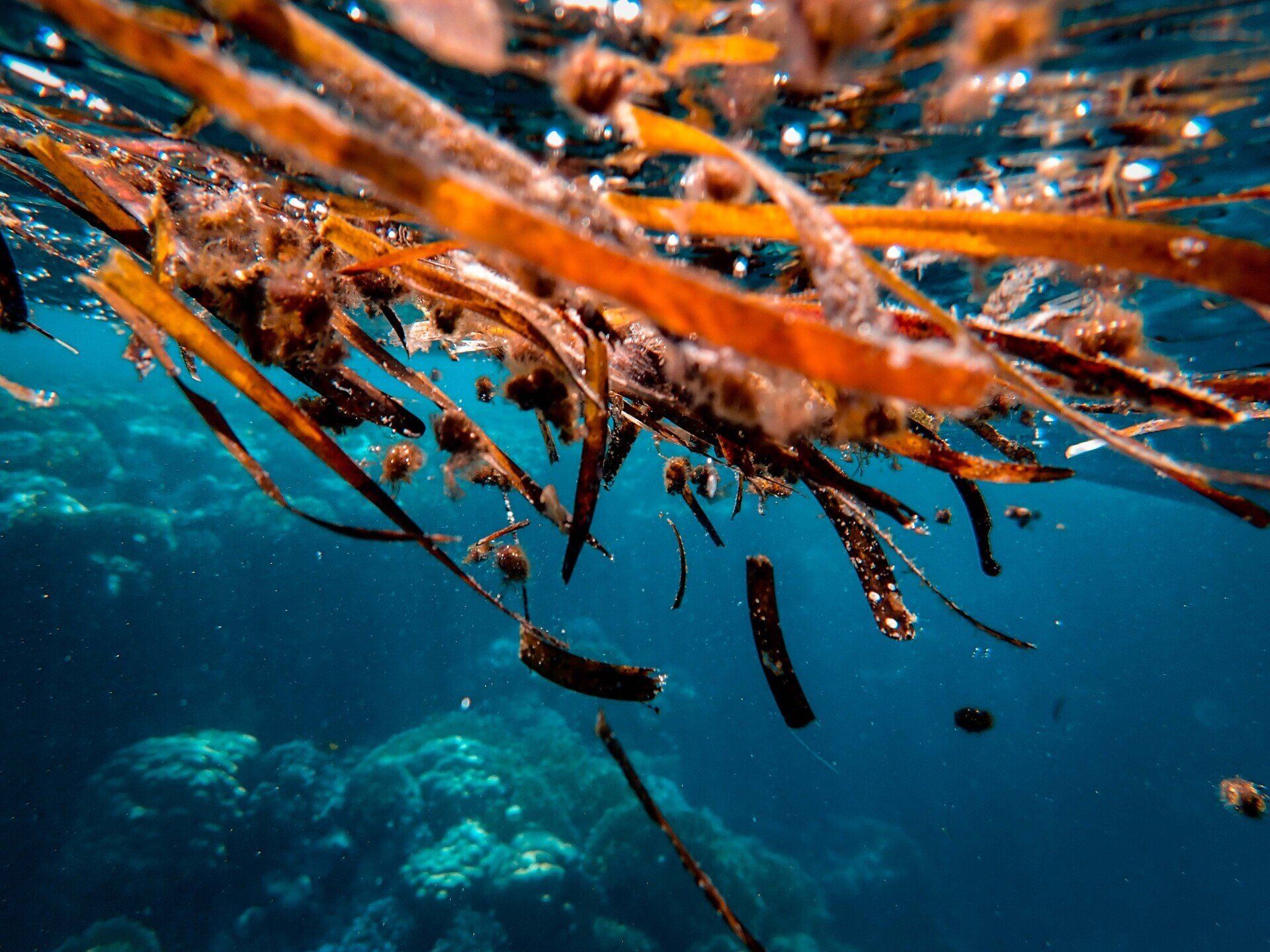Aquaculture has a crucial role in food security, enabling equal access to nutritious and safe seafood products, and assuring the livelihood of millions of people.
In face of a growing world population and, alongside, the depletion of various wild fishery stocks, aquaculture's contribution to the global seafood production for human consumption is expected to further increase in the future. However, it’s sustainable expansion will be challenged in different ways, in the coming years, due to the increased occurrence and severity of climate change-related phenomena, like extreme weather (e.g. marine heatwaves) and hypoxic events. These acute and severe changes to the climate will likely push farmed marine fish species outside their thresholds of physiological tolerance, potentially compromising their metabolism and immune responses against pathogen infections. Hampered animal growth rates and increased susceptibility to disease outbreaks can translate in higher mortality
and production costs, thus, having devastating effects in the aquaculture sector. In addition, climate change effects (seawater warming, in particular) are also expected to facilitate the dispersion of diseases, prompting the spread of pathogens from tropical regions to temperate ones.
Another expected indirect effect of climate change will be the increased use of pharmaceuticals/pesticides, which will be certainly required by the aquaculture sector in order to control diseases/plagues and mitigate the associated animal and economical losses. Still, this chemically-based disease management approach raises major ecological concerns:
- Introduction of pollutants in marine ecosystems
- Development of antimicrobial resistance
Assuring aquaculture’s sustainability in tomorrow’s ocean requires the urgent development of efficient eco-friendly adaptation strategies towards the improvement of farmed species' resilience to both climate change-related stressors and disease outbreaks.
Over the last years, sustainably produced seaweeds (either as a whole or extracts) have increasingly gained attention in the animal production and food industries. Given seaweeds' richness in bioactive compounds with well-known antioxidant, antimicrobial and immunostimulating attributes. their use as feed additives has been recently pointed out as a promising, though poorly explored, cost-effective and eco-friendly approach to manage aquaculture disease outbreaks under the circular economy framework.
Yet, a successful application of this non-chemically based strategy in aquaculture disease management plans requires optimization (i.e. assessment of most effective seaweed species, feed inclusion percentages and treatment duration), in order to develop tailor-made aquafeeds that meet the specific requirements of different farmed fish species, specific pathogens and environmental conditions of a given region.
Moreover, considering the changes to the climate already visible in many regions of the globe (such as Mediterranean coastal areas) and those expected to become more prominent in a near future, there is a clear need to acquire unequivocal effectiveness validation of functional aquafeeds enriched with seaweeds under the prevailing abiotic conditions projected for tomorrow’s ocean.

